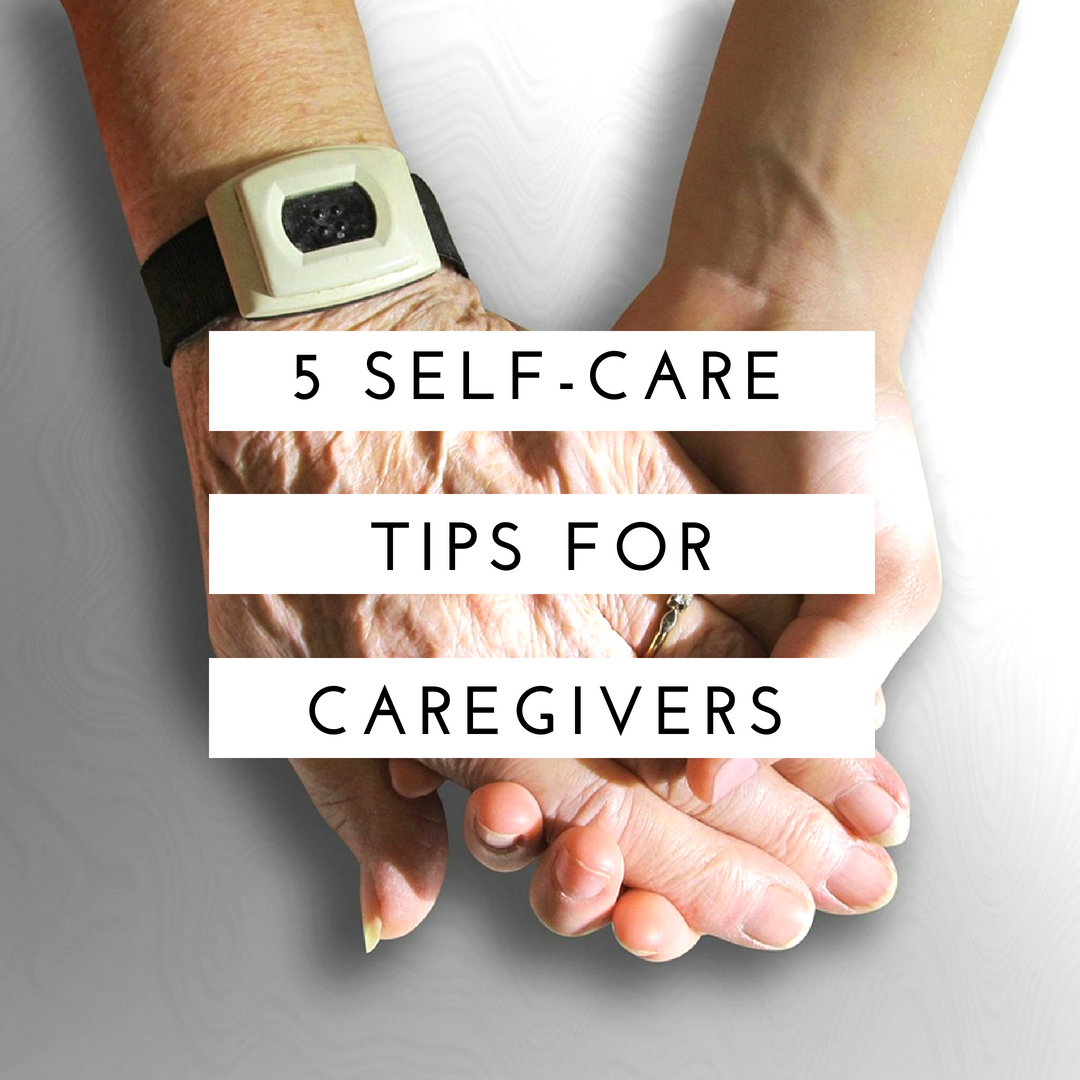If you’re one of the 43.5 million Americans providing care to another adult or child, you know the toll that caregiving takes on your body. When your priority is caring for another, it’s easy to push the care for yourself to the back burner.
However, this should only be a short-term solution, as caregiving is linked to a long list of health risk factors. The increased stress and sleep disturbances can lead to more infectious illnesses with longer recovery times, cardiovascular disease, arthritis, type II diabetes, certain cancers, and more. In one study, almost a third of caregivers report depression.
The good news is this doesn’t have to be you! You can find renewed joy in serving your loved one. Taking a little time each day to care for yourself breaks the cycle of stress and emotional build-up. When you are refreshed, you are better equipped to provide quality and loving care to others. That’s something that benefits everyone!
1. Give Yourself a Break
It’s easy to give a long list for you can’t take a break. Sometimes the hardest part is just admitting you need one! Many caregivers feel like they are the only one holding everything together or that they’re failing if they need help. Far from it! Knowing your boundaries and when you need a break ensures both you and your loved one stay happy and safe. You’re not failing when you reach out for help!
We all need time and space to recharge, and there are more people willing to help than you realize. Even if you don’t have relatives or friends who are able to assist you, there are respite care services such as Nurse Next Door.
Additionally, take some time throughout the day to recharge and do something you enjoy. Its tempting to stay busy while your loved one is resting or doing an independent activity, but don’t feel guilty taking some down time for yourself. Even simple deep breathing exercises can significantly reduce your stress levels.
2. Find an Activity that’s Truly Restful
We’ve all been there: you’ve had a long and exhausting day. All you want to do is watch your favorite TV show undisturbed while eating chips and ice cream. While this kind of rest is not always bad, it’s usually counterproductive, leaving you grouchy and craving more alone time.
Finding an activity that is truly restful and leaves you feel rejuvenated. Dust off some of your old hobbies or pick up a new one! Quiet your mind with yoga, reading, baking, or crafting. These types of activities reduce your stress levels and help you be ready to continue caring for your loved one.
3. Find an Organizational System that Suits You
Balancing your own life with caring for your loved one is challenging. It’s understandable to feel frustrated when you have to miss your daughter’s soccer game for your father’s podiatrist appointment. Finding an organizational system that works for you will provide greater control and predictability over your schedule.
You may prefer a day planner, a wall calendar, or setting up reminders on your phone for appointments. (If your loved one is battling dementia, a wall calendar is an excellent idea for their memory, too!) File away all medical paperwork and bills in filing cabinets for easy recovery later. Keeping a flexible routine provides structure to your day and comforting predictability for your loved one.
4. Advocate for Your Own Health
When you spend your day caring for others, it’s difficult to exert more energy figuring out a healthy meal or exercising. However, making the choice to eat a balanced diet and exercise benefits everyone—and no one regrets being healthier!
Thankfully you don’t have to go to the gym to exercise: a 10 minute walk in the sun, dancing to music (maybe even with your loved one!), yoga, gardening or lawn care, or any number of activities that raise your heart rate gets endorphins flowing to reduce depression and stress and improve your health.
Take a few minutes throughout the day to plan and prep meals; if you have healthy meals and snacks ready to go, you’re less likely to give into cravings and junk food. Little changes are an easy way to start but make a big difference! Replace red meats with lean proteins, white bread with whole grain bread, cooked vegetables with fresh vegetables, and cutting back on your serving of cake.
5. Join a Support Group
Especially in this social media age, you may not even have to leave your living room to engage with others who share your experiences. Facebook and support group pages abound, as well as support groups where you can meet in person. There are search engines to find a group for your situation in your location, and many hospitals offer support groups.
If a support group isn’t for you, it’s important to share your experiences, frustrations, and joys with others. Talking about your day with a friend or family member helps relieve stress and keeps you from feeling isolated.
Conclusion
You are doing a wonderful and sacrificial thing by caring for your loved one, but you don’t have to let your personhood and health suffer because of it! By implementing one or more of these suggestions, you are making a positive change that benefits your overall health so that you can be the best caregiver for your loved one.

